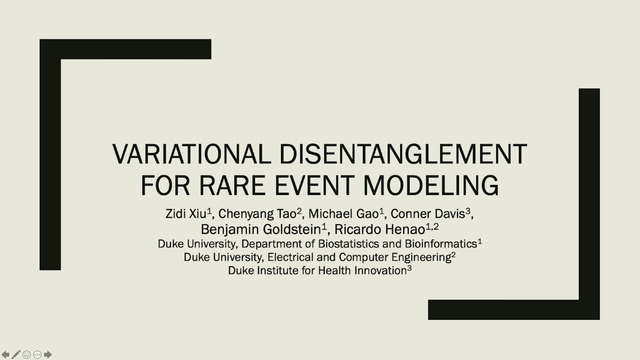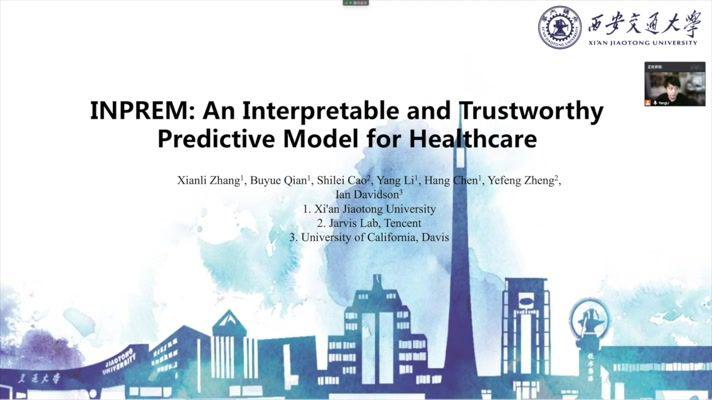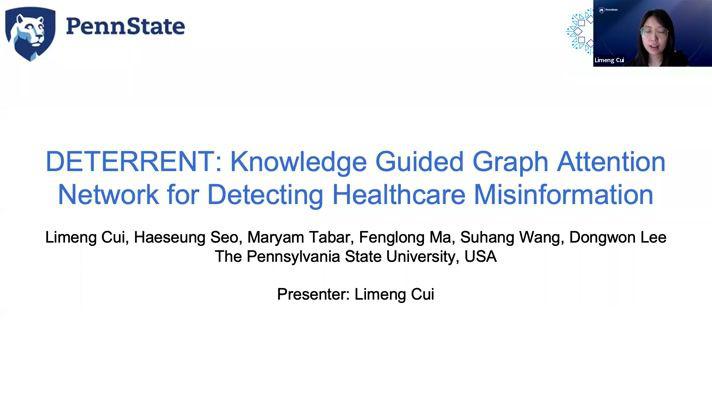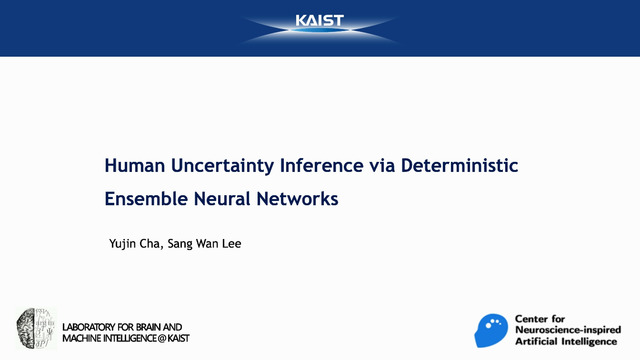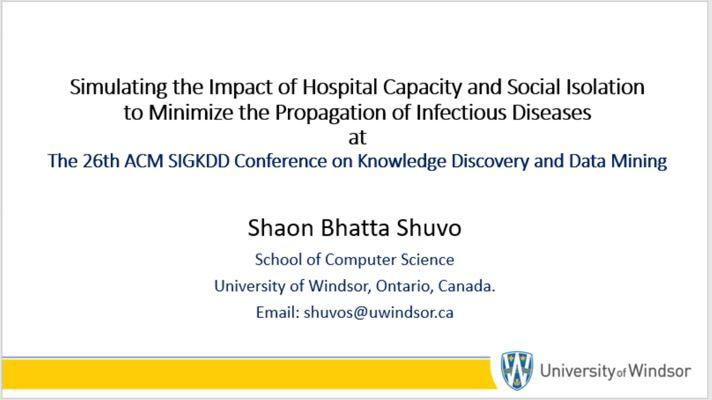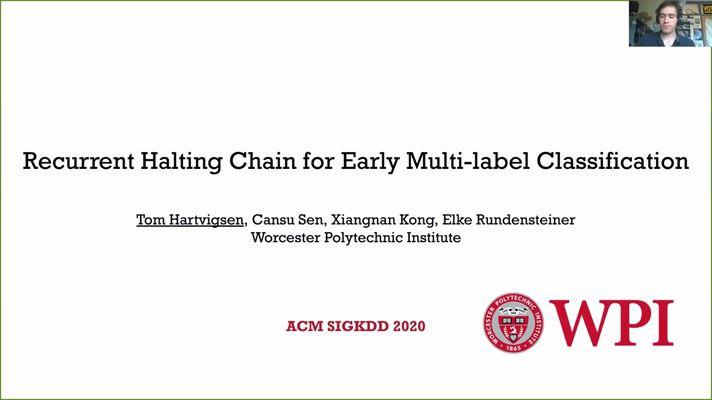Abstract:
The dearth of prescribing guidelines for physicians is one key driver of the current opioid epidemic in the United States. In this work, we analyze medical and pharmaceutical claims data to draw insights on characteristics of patients who are more prone to adverse outcomes after an initial synthetic opioid prescription. Toward this end, we propose a generative model that allows discovery from observational data of subgroups that demonstrate an enhanced or diminished causal effect due to treatment. Our approach models these sub-populations as a mixture distribution, using sparsity to enhance interpretability, while jointly learning nonlinear predictors of the potential outcomes to better adjust for confounding. The approach leads to human interpretable insights on discovered subgroups, improving the practical utility for decision support.















